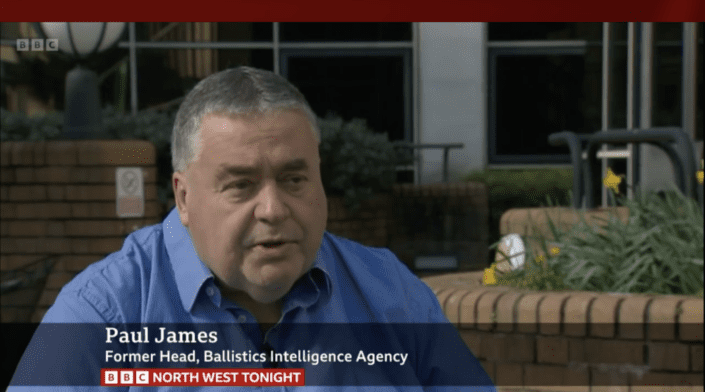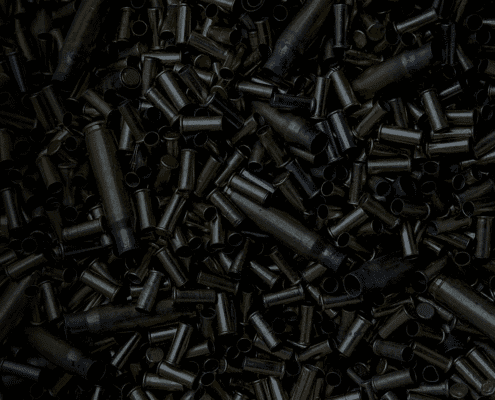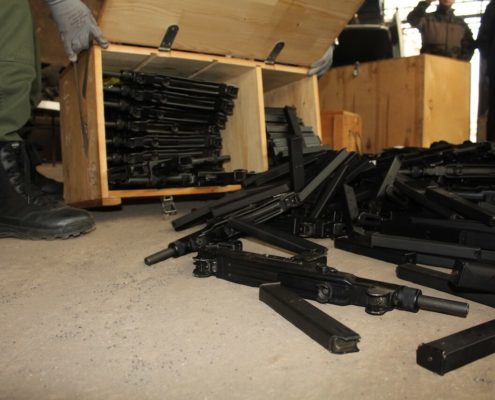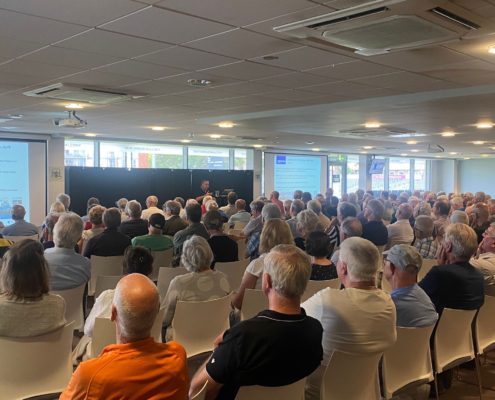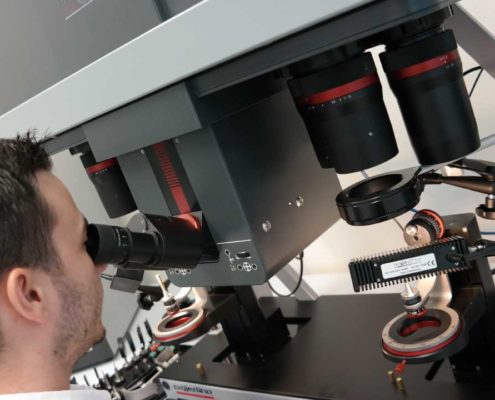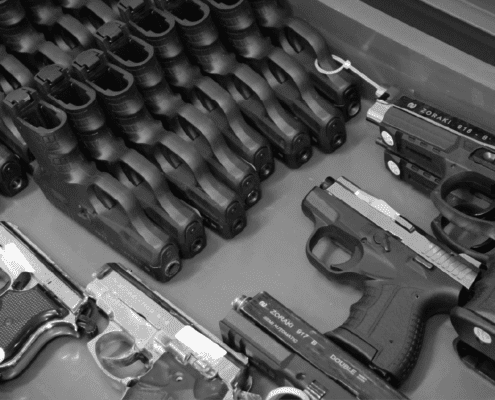 https://arquebus.uk/wp-content/uploads/2025/02/Picture-1-3.png
323
473
Rohan Harvey
https://arquebus.uk/wp-content/uploads/2022/02/Asset-1arquebus_logo.svg
Rohan Harvey2025-02-10 10:04:322025-02-10 15:23:07Arquebus Delivers Ballistic Examination Training in Montenegro
https://arquebus.uk/wp-content/uploads/2025/02/Picture-1-3.png
323
473
Rohan Harvey
https://arquebus.uk/wp-content/uploads/2022/02/Asset-1arquebus_logo.svg
Rohan Harvey2025-02-10 10:04:322025-02-10 15:23:07Arquebus Delivers Ballistic Examination Training in MontenegroArquebus’ Paul James, a renowned expert investigator of firearms crime, recently spoke to BBC news about the risks associated with the diversion of Ukraine conflict firearms.
One of the major international security implications arising from the conflict in Ukraine is how to manage the long-term threat posed by the huge numbers of Small Arms and Light Weapons (SALW) that are being distributed to the military and civilian population to confront the Russian threat. In the interview, Paul James discusses the risks, drawing upon his experience tackling firearms criminality in the Western Balkans alongside UNDP SEESAC, making a call to action for a proactive security response to the crisis.
In May 2022, INTERPOL Head Jurgen Stock stated that “once the guns fall silent (in Ukraine) the illegal weapons will come. We can expect an influx of weapons in Europe and beyond. We should be alarmed, and we have to expect these weapons to be trafficked not only to neighbouring countries but to other continents”.
Ukraine’s approach to the widespread distribution of firearms to the civilian population undoubtedly constitutes a legitimate military tactic at a time of war when the very future of the country is at stake, but it mirrors the situation that occurred during the conflict in the Western Balkans during the 1990s which resulted in millions of unregistered firearms remaining in circulation once the conflict ended.
According to General Vyhosky, it is necessary for the Ukraine authorities to “create a unified register of weapons and streamline the issue of legalisation of weapons”. He also commented on the need to risk assess the psychological readiness of the civilian population to have firearms for their own protection as part of a licensing programme.
To watch the full interview, please visit our LinkedIn page.
